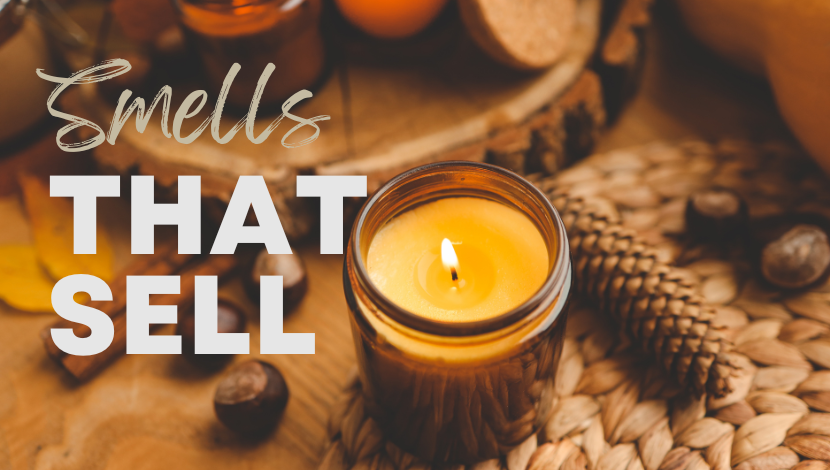
Have you ever walked into a friend or neighbor’s home and thought, what IS that smell?
Every human has his or her own unique scent, which over time permeates the residence. The mix of human odor complemented with dirty socks, fajita seasoning, and mothballs, and the home quickly becomes a buyer repellent. If you plan to sell your home, be aware of its aroma. The whiff of cat litter boxes may not bother you, but it may cause credible buyers to send their boxes elsewhere. We typically associate certain smells with people or memories, and not all of us gravitate toward the same smells. Remember how as a child the smell of fresh cut grass symbolized the start of summer? Now as an adult, the same fragrance of newly mowed lawns may trigger allergy symptoms!
The molecules known as “major histocompatibility complex proteins” help us distinguish between our personal odor and the odor of other people or invasive pathogens, according to a Smithsonian article by Rachel Nuwer. From a buyer behavior perspective, if the odor is too complex, then it becomes a distraction or nuance. In fact, researcher Eric Spagenburg noted in the Journal of Retail that motley scents lead to lower sales while neutral ones tend to increase sales. The same logic can apply to the real estate market. Like animals who use scents to find compatible mates, sellers can use specific scents to attract potential buyers. Here are a few “home smell” suggestions from seasoned professionals at NV Realty Group:

According to a report by the New York Daily News, orange aromas increase store
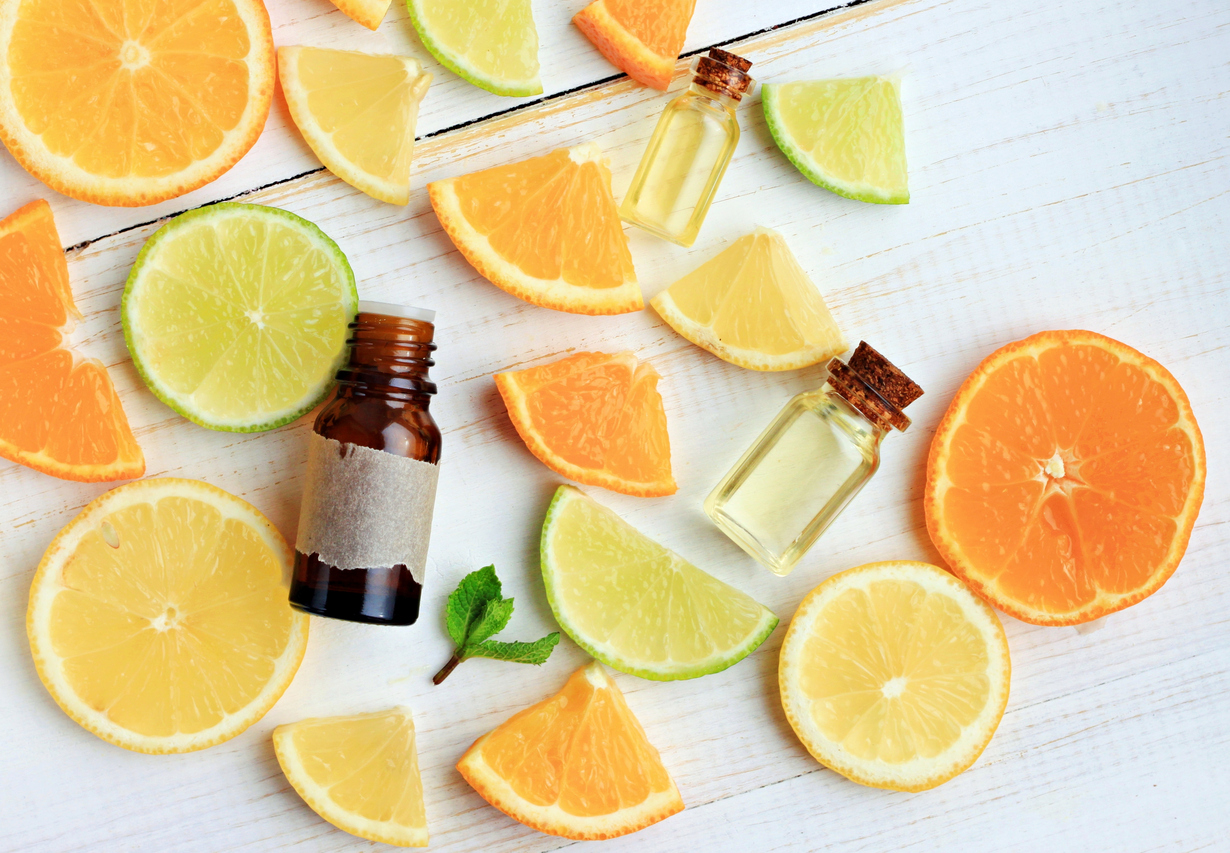 sales by nearly 20 percent. Moreover, research shows that both lemon and orange scents make people feel happy and energized. “Citrus sells is my motto,” says NV Realty Group Agent Jean Fitzsimmons. “I use what is called my real estate mix, a combination of wild orange and lemongrass oils in a cool mist diffuser. Orange oil is believed to energize the body, reduce negative emotions, and open the mind to possibilities.” Another benefit is that people often associate citrus smells with cleanliness. “Products such as lemon Pine-Sol, orange Pledge, or Fabuloso makes the house feel fresh and clean,” says Renee Story Jones. “And the most welcoming smell is that of a clean house!” adds Donna Fitzgerald. If short on time, Richard Davis suggests putting lemon peel or orange pieces down the kitchen garbage disposal. “Not only is a great way to clean the disposal, but the light citrus scent lasts for several hours,” he says.
sales by nearly 20 percent. Moreover, research shows that both lemon and orange scents make people feel happy and energized. “Citrus sells is my motto,” says NV Realty Group Agent Jean Fitzsimmons. “I use what is called my real estate mix, a combination of wild orange and lemongrass oils in a cool mist diffuser. Orange oil is believed to energize the body, reduce negative emotions, and open the mind to possibilities.” Another benefit is that people often associate citrus smells with cleanliness. “Products such as lemon Pine-Sol, orange Pledge, or Fabuloso makes the house feel fresh and clean,” says Renee Story Jones. “And the most welcoming smell is that of a clean house!” adds Donna Fitzgerald. If short on time, Richard Davis suggests putting lemon peel or orange pieces down the kitchen garbage disposal. “Not only is a great way to clean the disposal, but the light citrus scent lasts for several hours,” he says. 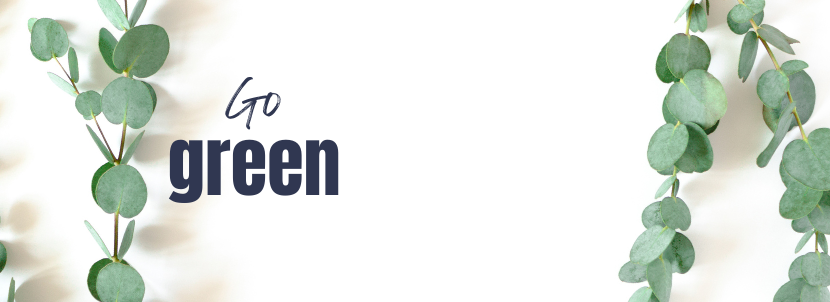
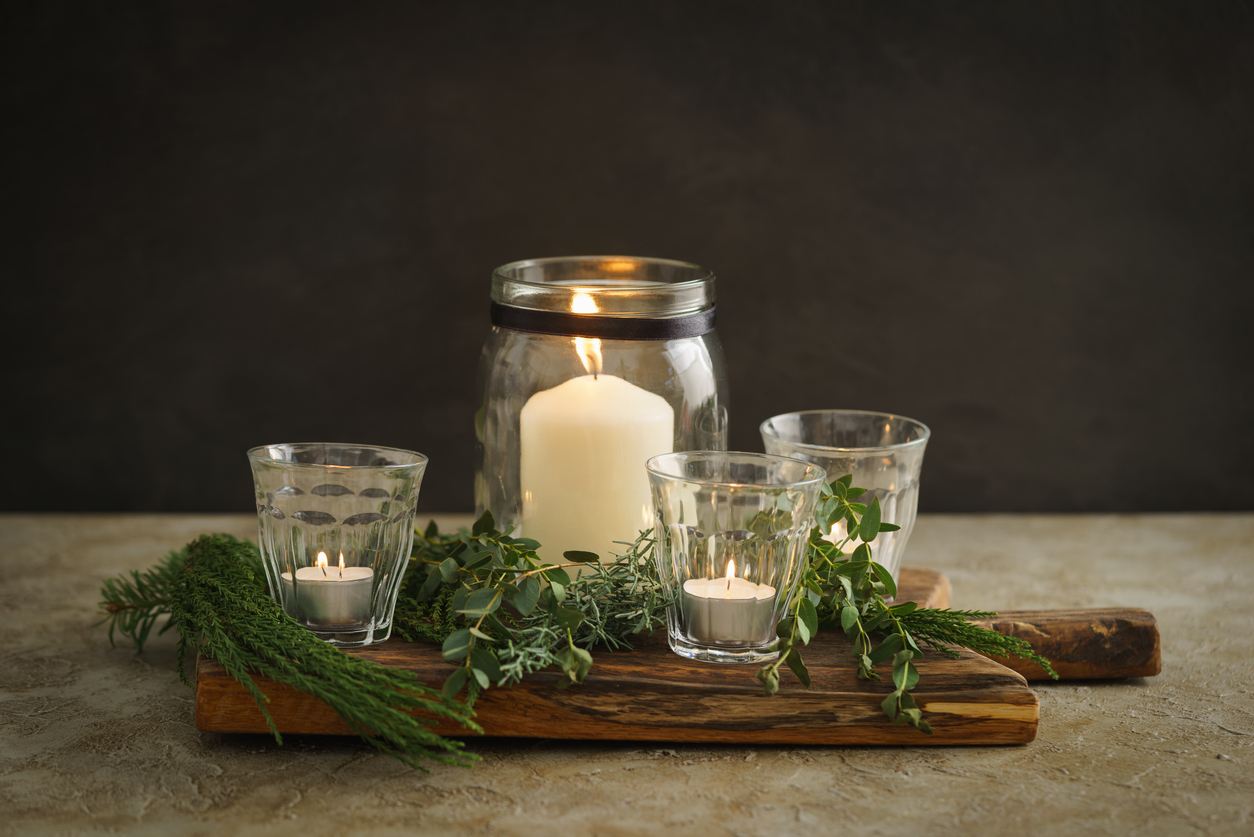 Earthy fragrances such as eucalyptus, pine, lemongrass, and herbs lend to a subliminally natural scent that stimulates the olfactory nerves. Recently, an employee at Bath and Body Works in Mt. Pleasant, South Carolina commented that the eucalyptus-scented candle is the top-selling candle among real estate agents. Whether a housewarming gift or house-selling strategy, the fresh scent of eucalyptus has healing medicinal properties and calming mental powers. Similarly, the aroma of lemongrass, a genus of grasses found in Asian countries, has halcyon affect and reduces stress. Other non-artificial fragrances preferred by real estate agents include fresh herbs such as rosemary, lavender, peppermint, and basil.
Earthy fragrances such as eucalyptus, pine, lemongrass, and herbs lend to a subliminally natural scent that stimulates the olfactory nerves. Recently, an employee at Bath and Body Works in Mt. Pleasant, South Carolina commented that the eucalyptus-scented candle is the top-selling candle among real estate agents. Whether a housewarming gift or house-selling strategy, the fresh scent of eucalyptus has healing medicinal properties and calming mental powers. Similarly, the aroma of lemongrass, a genus of grasses found in Asian countries, has halcyon affect and reduces stress. Other non-artificial fragrances preferred by real estate agents include fresh herbs such as rosemary, lavender, peppermint, and basil. 
If selling your home during a specific season, consider using a thematic flavored candle such as pumpkin spice in the fall, balsam pine in the winter, cinnamon or peppermint around Christmas, and gardenia in the spring. Of course, these fragrances can be rather strong, so be mindful not to overuse.

Find a candle, oil, or room mist spray that aligns with the topography of your home.
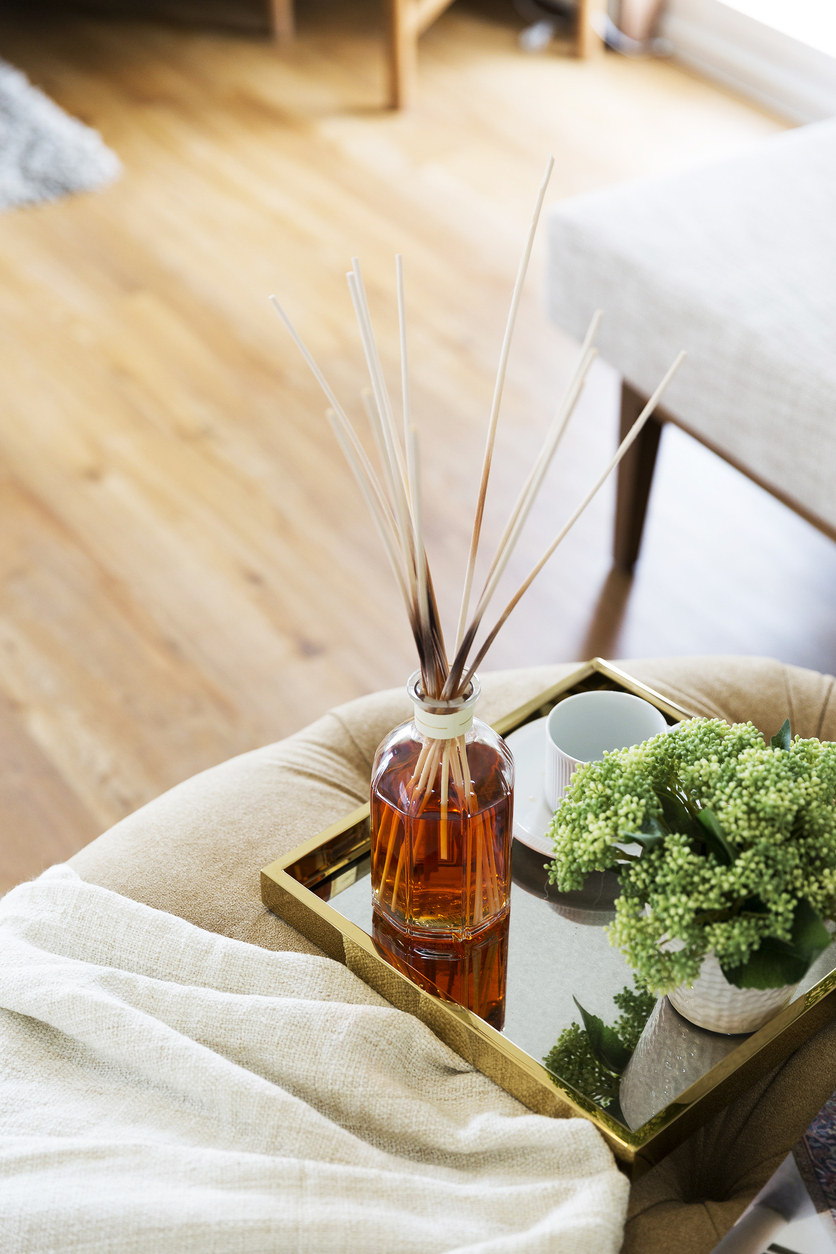 For example, salty, ocean-breeze candles are fitting for coastal properties. Renee Story Jones highly recommends the Ocean Mist and Sea Salt diffusers by Nest. “These new diffusers made by Nest are amazing! They have every smell imaginable and they permeate the entire house for days. Plus, they are safe to use!” she says. Southern homes in Charleston, South Carolina may opt for the subtle scent of confederate jasmine, Carolina jessamine, or American wisteria either via diffuser or in its native plant form. Potted plants or a vase of fresh flowers is another easy way to showcase seasonal scents. “A blooming plant in the kitchen seems to set the mood and give buyers a warm, fuzzy feeling. Buyers appreciate when it is apparent that homeowners take good care of their home,” adds Lynn Barber.
For example, salty, ocean-breeze candles are fitting for coastal properties. Renee Story Jones highly recommends the Ocean Mist and Sea Salt diffusers by Nest. “These new diffusers made by Nest are amazing! They have every smell imaginable and they permeate the entire house for days. Plus, they are safe to use!” she says. Southern homes in Charleston, South Carolina may opt for the subtle scent of confederate jasmine, Carolina jessamine, or American wisteria either via diffuser or in its native plant form. Potted plants or a vase of fresh flowers is another easy way to showcase seasonal scents. “A blooming plant in the kitchen seems to set the mood and give buyers a warm, fuzzy feeling. Buyers appreciate when it is apparent that homeowners take good care of their home,” adds Lynn Barber. 
 Though real estate professionals have differing opinions on the old “cookies in the oven” trick, the subtle smell is sure to appease most schnozes. “I am not a fan of fragrances, but I must admit the oven-baked cookies tactic does work,” says Jean Fitzsimmons. Lynn Barber agrees but cautions that the “trick has been overused and buyers are well aware of it.” Still, a platter of warm cookies in the kitchen creates an amicable conversation and buyers tends to stay in the home longer, according to Renee Story Jones. “I think buyers appreciate the hospitable gestures and often refer back to the home as ‘the one that left the cookies,’” adds Jan Miller. Charlie Palmer enthusiastically agrees: “I’m definitely a cookies-in-the-oven guy. Unless, of course, the seller wants to bake an apple pie instead!” Even those who caution against food smells of any kind begrudgingly admit that the nostalgic smell of cookies or pie is a subliminal way of saying “welcome home.”
Though real estate professionals have differing opinions on the old “cookies in the oven” trick, the subtle smell is sure to appease most schnozes. “I am not a fan of fragrances, but I must admit the oven-baked cookies tactic does work,” says Jean Fitzsimmons. Lynn Barber agrees but cautions that the “trick has been overused and buyers are well aware of it.” Still, a platter of warm cookies in the kitchen creates an amicable conversation and buyers tends to stay in the home longer, according to Renee Story Jones. “I think buyers appreciate the hospitable gestures and often refer back to the home as ‘the one that left the cookies,’” adds Jan Miller. Charlie Palmer enthusiastically agrees: “I’m definitely a cookies-in-the-oven guy. Unless, of course, the seller wants to bake an apple pie instead!” Even those who caution against food smells of any kind begrudgingly admit that the nostalgic smell of cookies or pie is a subliminal way of saying “welcome home.” When deciding which “smell to sell” your home, be sure to avoid overpowering scents as it can have an adverse reaction to potential clients. Also, be mindful that excess heat can distort the essential oils in candles. This is why dormant candles that have not be stored in a cool, dry place may not emit its intended fragrance. We recommend emptying all interior trash cans before a showing and not cooking the night before as food odors can linger in the air for several hours. Ideally, you want your home to feel new and clean so buyers can focus on their own family living in the residence.
